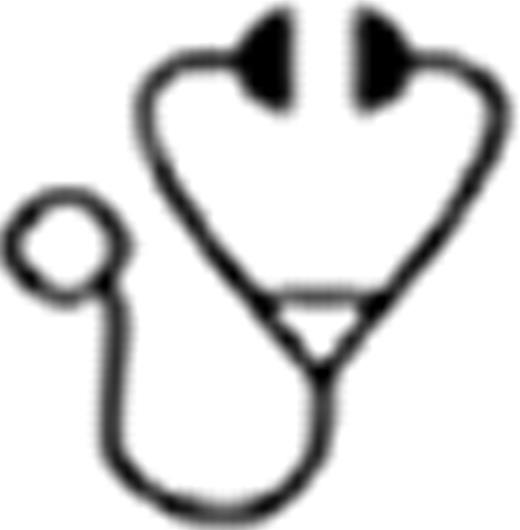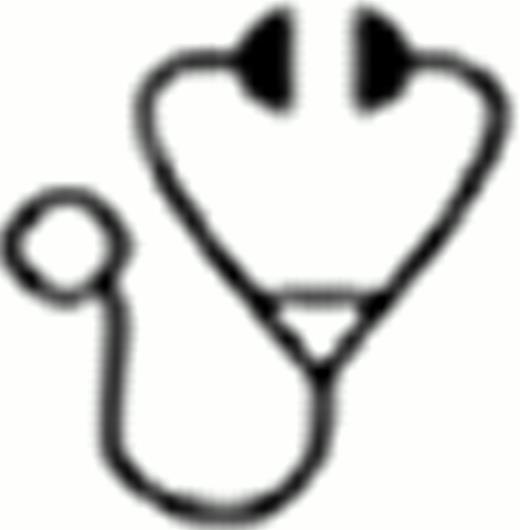Abstract
The optimal pre-transplant induction therapy for newly diagnosed MM remains to be determined. Combinations of lenalidomide, bortezomib, and dexamethasone result in high response rates with acceptable toxicity in the majority of patients. The most commonly utilized regimens in the U.S. are lenalidomide and dexamethasone (RD); bortezomib and dexamethasone (VD); lenalidomide, bortezomib, and dexamethasone (VRD); and thalidomide and dexamethasone (TD). We sought to determine whether any of the common initial regimens is a superior first choice.
This retrospective single center study examined MM patients < 70 who underwent their initial ASCT between 7/1/2008 to 6/30/2011. A chart review was conducted using the outpatient electronic medical record. Data was gathered on disease characteristics, induction regimens, disease response, and clinical course after ASCT. The primary outcome measures were progression-free survival (PFS), overall survival (OS), and event-free survival (EFS), all measured from day 0 of ASCT. The secondary outcome measures were number of distinct induction therapy regimens, time from start of induction therapy to ASCT, and disease response immediately prior to ASCT. Disease response was grouped as either ≥Very Good Partial Response (VGPR) or <VGPR. The observation period ended on 6/30/2012.
A total of 174 patients were included in the analysis. The initial regimen was RD for 80 patients (46%), VD for 43 patients (25%) and VRD for 30 patients (17%). Other regimens (mostly thalidomide-based) accounted for the remaining 12%. The TD regimen was inferior as initial therapy in terms of all outcome endpoints. The primary analysis, therefore, compared RD to VD to VRD. The baseline characteristics for these groups of patients (including gender, stage at diagnosis, serum creatinine at diagnosis) were similar for RD and VRD, but the VD group had more subjects with higher stage (p=0.018) and creatinine > 2 at diagnosis (p<0.001). Use of maintenance therapy after ASCT, usually with lenalidomide, was different between the groups (p<0.001), with more frequent use for patients who received VRD or RD as initial therapy (73% and 64% respectively) than for patients who received VD (26%). The frequency of changes in induction therapy was similar across groups (received > 1 induction regimen: RD 29%, VD 26%, VRD 17%, p=NS). The primary reason for a change in regimen was lack of response rather than toxicity. Response rates immediately before ASCT were not significantly different among regimens (≥VGPR: RD 51%, VD 63%, VRD 73%, p=0.08). EFS was similar for patients treated with the RD, VD, and VRD (EFS at 2 yr post-ASCT: RD 56%, VD 48%, VRD 70%, p=NS). With a median follow-up of 26.3 months after ASCT, there is no significant difference in PFS or OS (OS at 2 yr post-ASCT: RD 90%, VD 86%, VRD 96%).
We compared three commonly used regimens for initial treatment of MM in the transplant eligible population to determine if one combination resulted in a better outcome than the others after ASCT. Although there was a trend towards higher pre-ASCT responses with VRD induction therapy, with approximately 2 years of median follow-up, survival was not significantly different when based on choice of initial therapy. These data support that in the current era of highly active induction regimens, choice among them can be made considering such factors as disease manifestations, potential toxicity and drug administration rather than response rates and survival differences. Longer follow-up of these patients as well as future prospective analyses will further clarify these results.
Vogl:Celgene: Consultancy, Membership on an entity's Board of Directors or advisory committees; Millennium/Takeda: Consultancy, Research Funding; Otsuka: Consultancy; Acetylon: Research Funding. Porter:Novatis: Patents & Royalties; Celgene: Honoraria; Genentech: Employment; Pfizer: Research Funding. Mangan:celgene: Speakers Bureau; millenium: Speakers Bureau. Stadtmauer:celgene: Consultancy; millenium: Consultancy.

This icon denotes a clinically relevant abstract
Author notes
Asterisk with author names denotes non-ASH members.


